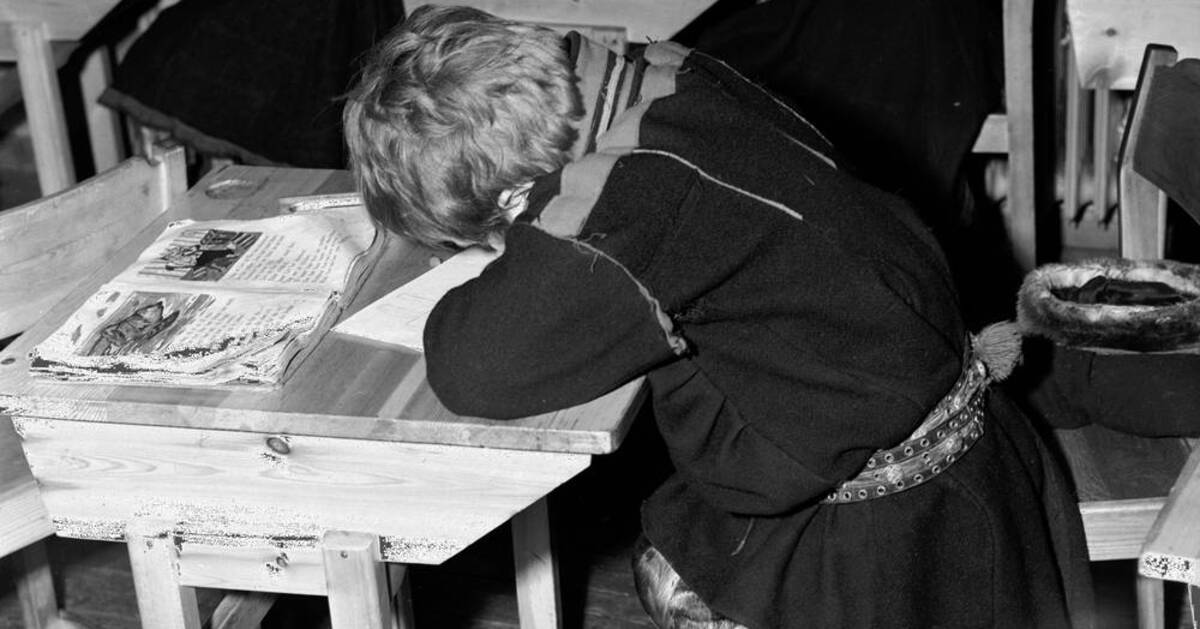Now the researchers will look at the consequences of the period when Sami children went to boarding schools and when many lost their language and their Sami culture.
- Processes involving emotions such as grief and loss affect health, says Ann Ragnhild Broderstad, Center for Sami health research at the University of Tromsö.
How loss and grief further back can affect posterity, and today's public health, is what they must now look at.
- You can, knowingly or unknowingly, pass shame and sorrow on to the next generation.
That grief affects individuals and groups, and leads to ill health, she tells NRK Sápmi.
The biggest survey in Norway for a long time
Inger Dagsvold is project manager for the first phase of the project.
She has done in-depth interviews with 60 people.
These interviews will form the basis of the questionnaire in the survey.
- They tell me, 70 or 80 years later, how they felt at the boarding schools.
And these memories evoke crying and bodily reactions, it makes an impression on you, says Inger Dagsvold.
The survey will last until 2025. It involves questionnaires, but the researchers will also go around and do physical health examinations.
Health examinations on the Swedish side of Sápmi
On the Swedish side, a pilot survey has been carried out in the municipality of Jokkmokk to examine the health of the Sami area, and people have had to state their ethnicity themselves.
The collected data will also be comparable to previous SAMINOR surveys, in order to create knowledge about the health situation for the Sami and also others in northern Sweden and Norway.

